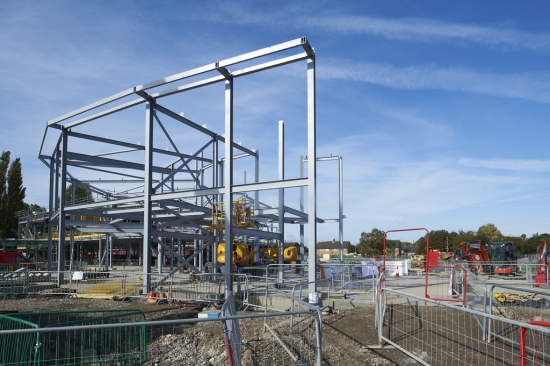The government is currently consulting on the details of its previously announced proposals to provide exemption from empty property rates for new-build commercial property.

The move is designed to boost speculative development by removing the burden of business rates on the owners of unoccupied newly built properties. The relief will apply to buildings completed between October 1 this year and September 30 2016 and will cover the first 18 months following construction.
There are several business rates relief schemes already in force, including empty rates relief for industrial properties covering a period of six months. In the case of offices and shops this period is reduced to three months from the date the property becomes unoccupied. Properties with a rateable value of less than £2,600 are exempt indefinitely while they remain empty.
However, until now, there has been nothing specific in place to cover newly built property. While it appears that this will remain the de facto case, the proposed rule changes will enable the government to reimburse local authorities that use discretionary powers to provide relief in the circumstances set out in the consultation document.
Unoccupied non-domestic property that is “wholly or mainly comprised of qualifying new structures” will be covered by the temporary scheme. This is understood to apply to property built on existing foundations or around an existing façade but will not include refurbished properties.
The term “completed” refers either to the date the building becomes ready for occupation for the purpose it was built, or the date a completion notice is served. The government believes that the measure will encourage construction and stimulate the economy.
While it has been welcomed as a step in the right direction, many within the industry would like to see a longer exemption period which would provide a greater boost to speculative development.
Property law expert, Stuart McCann, told Out-Law.com that if the policy is introduced in its current form it will only have an impact on smaller developments and that larger projects will continue to depend on confidence and the availability of finance.
Previous Post
Welsh Government Moves into Cardiff Property Market